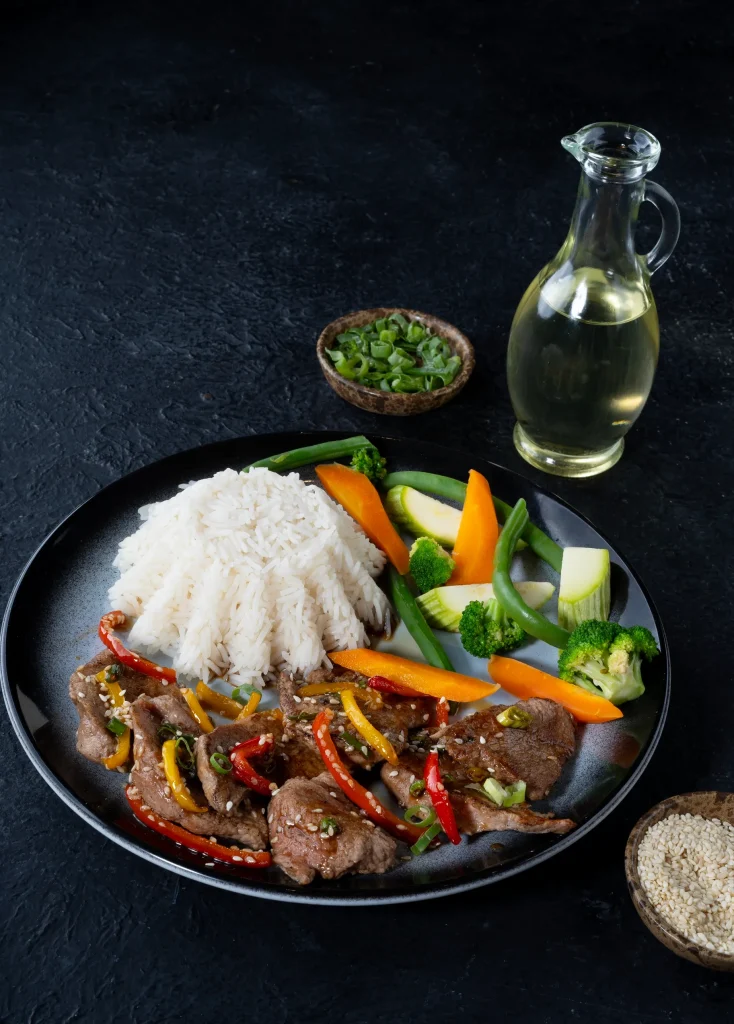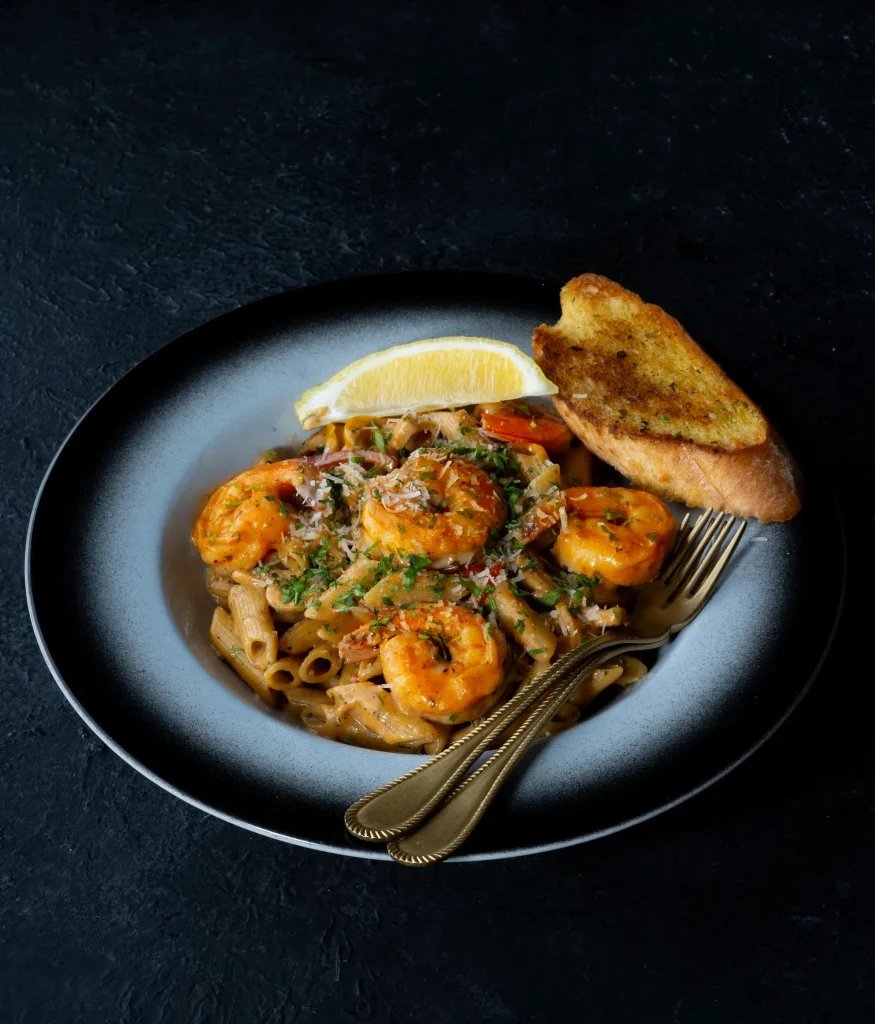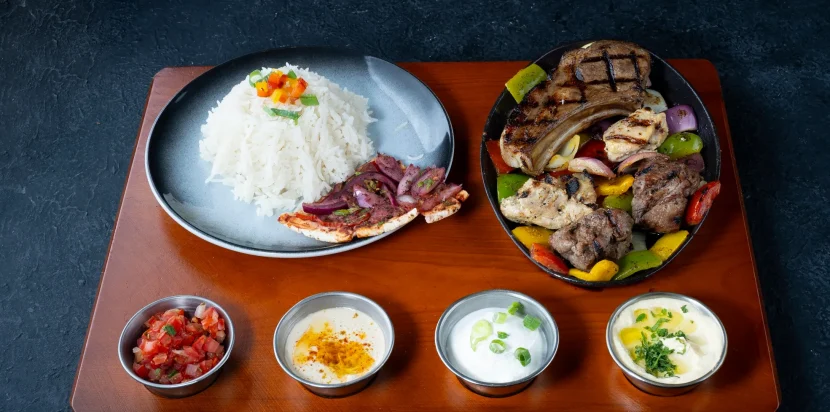What is a chef’s tasting menu? At its heart, it is a culinary experience designed to take diners on a journey. Instead of ordering individual dishes from a menu, guests are guided through a carefully curated sequence of courses that showcase a chef’s creativity, skills, and philosophy. The tasting menu is about trust – placing your evening in the hands of the chef. Restaurants like Aaspero elevate this concept by crafting menus that are not only meals but also stories told through flavor, texture, and presentation.
The Concept of a Tasting Menu
The idea of a tasting menu is rooted in fine dining traditions where chefs sought to highlight their best work.
Definition
A chef’s tasting menu is a multi-course meal that typically ranges from five to twelve small portions, each representing a different flavor, ingredient, or technique.
Origins
Tasting menus trace their origins to French haute cuisine, where chefs showcased seasonal produce and techniques through multiple courses. Over time, the concept spread globally and became synonymous with fine dining.
Purpose
The goal is not only to feed but also to surprise, delight, and inspire. Every course is designed to build on the last, creating a rhythm and narrative throughout the evening.

Key Features of a Tasting Menu
Small Portions, Big Impact
Each course is intentionally small, allowing guests to enjoy multiple dishes without becoming overwhelmed.
Seasonal and Local Ingredients
Chefs design tasting menus around seasonal availability. Restaurants like Aaspero use local ingredients at their peak to ensure freshness and authenticity.
Chef’s Signature
Every tasting menu reflects the chef’s personality and style. From modernist cuisine to traditional reinterpretations, the tasting menu is a canvas for creativity.
Pairings
Wine, cocktails, or non-alcoholic beverages are often paired with each course, complementing and elevating the flavors.
Why Diners Choose a Tasting Menu
Guests choose tasting menus for experiences that go beyond eating.
Discovery: Tasting menus allow guests to try dishes they may not usually order.
Storytelling: Each course is part of a narrative, offering insight into the chef’s inspiration.
Luxury: Tasting menus are associated with fine dining and exclusivity.
Memories: Guests leave not just full but with an unforgettable experience.
The Role of the Chef
The chef is the architect of the tasting menu.
Creativity
Chefs design menus to express their culinary vision, balancing flavors and textures.
Adaptability
Menus change frequently to reflect seasons, new techniques, or inspiration. At Aaspero, this adaptability ensures returning guests always experience something fresh.
Personal Connection
The tasting menu creates a dialogue between chef and diner, where each dish communicates the chef’s passion and expertise.
The Flow of a Tasting Menu
A typical tasting menu follows a progression designed to engage the palate.
Appetizers and Starters
The meal often begins with light bites or amuse-bouches that awaken the senses.
Main Courses
Several courses follow, each building in richness and complexity. Proteins such as seafood, poultry, or beef often feature prominently.
Palate Cleansers
Between heavier dishes, refreshing elements like sorbets or citrus-based plates reset the palate.
Desserts
The journey ends with sweet courses, often combining elegance and playfulness. Restaurants like Aaspero design desserts that surprise as much as they satisfy.

Challenges of Offering a Tasting Menu
While impressive, tasting menus present challenges for restaurants.
Time and Effort
Preparing multiple small courses requires significant coordination and skill.
Ingredient Quality
The menu depends on premium, seasonal ingredients, which can be costly and sometimes difficult to source.
Guest Expectations
Diners come expecting excellence. Consistency across every course is essential.
Why Tasting Menus Are Worth It
Despite the challenges, tasting menus provide unmatched value. Guests pay not just for food but for the experience of artistry, creativity, and storytelling. Dining at venues like Aaspero highlights why tasting menus are cherished: they transform meals into curated journeys of taste.
The Future of Tasting Menus
Tasting menus continue to evolve. Modern trends include plant-based menus, interactive courses, and immersive dining that combines food with art, music, or technology. Chefs are exploring sustainability by highlighting local farms and reducing waste. The tasting menu will remain a platform for innovation.
Finally
What is a chef’s tasting menu? It is a journey crafted by passion and precision. Guests can expect multiple courses, seasonal ingredients, and thoughtful pairings that reflect the chef’s vision. More than just dining, it is an art form that engages all senses. At restaurants like Aaspero, tasting menus bring culture, creativity, and luxury together, offering guests an experience that lingers long after the last bite.
 Phone: +010 50 855 838
Phone: +010 50 855 838  Email: restaurant@asperogroup.com
Email: restaurant@asperogroup.com 


Comments are closed